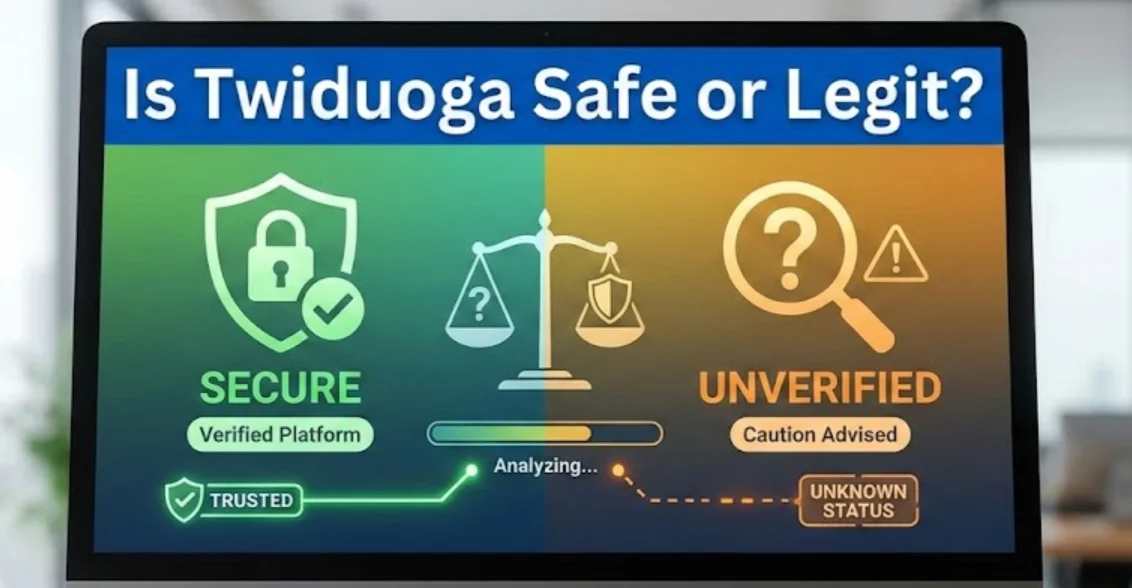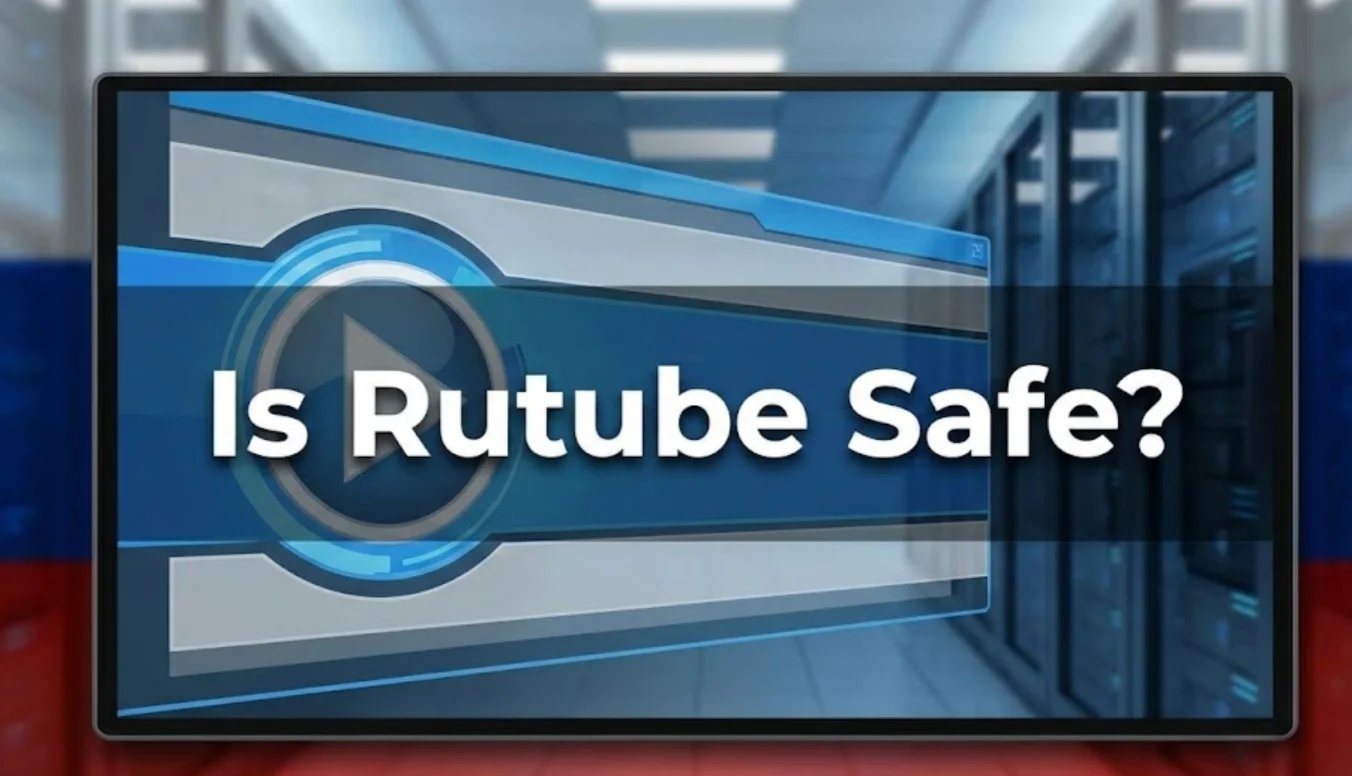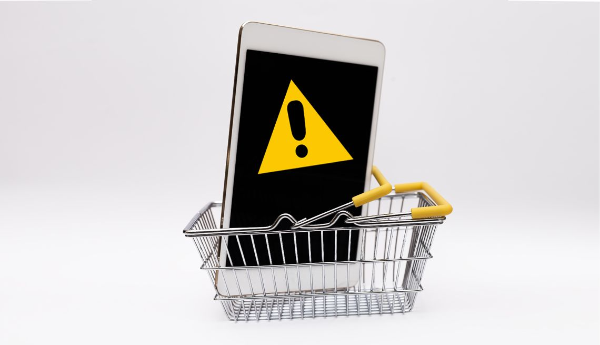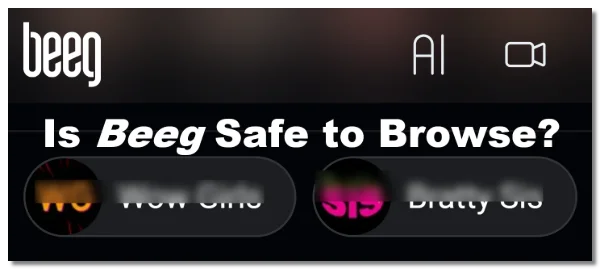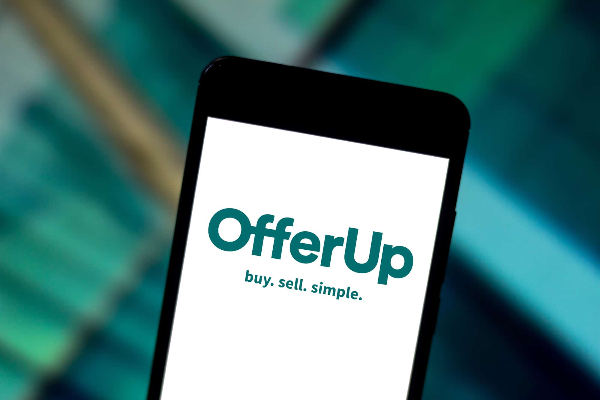What Is the Amazon Triangle Scam?
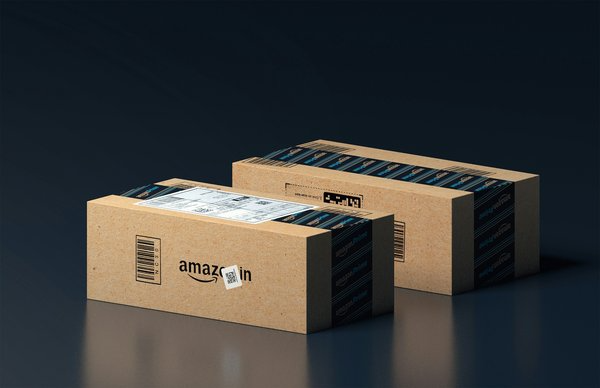
The Amazon Triangle Scam is a fraudulent scheme involving three key parties:
The Buyer – who thinks they’re purchasing a legitimate product.
The Scammer – the middleman manipulating the transaction.
The Real Seller – an unsuspecting third-party merchant.
The scam is called a “triangle” because of this three-way interaction. Unlike fake listings or phishing attempts, this scam leverages real Amazon sellers, making it harder to detect until it’s too late.
How the Amazon Triangle Scam Works
The Buyer’s Role
The buyer browses Amazon and finds what looks like a good deal. They purchase the item through a fraudulent seller or a suspicious third-party listing, often without realizing it.
The Scammer’s Role
Here’s where things get sneaky. The scammer takes the buyer’s order and uses stolen credit card information to purchase the same item from a legitimate seller on Amazon, then ships it to the buyer.
- The buyer receives the product and assumes everything is fine.
- The real seller fulfils the order but is unaware of the fraud.
Eventually, the stolen cardholder disputes the charge, and chaos begins.
The Real Seller’s Role
The real seller did nothing wrong—but when the fraudulent credit card charge is reported, the seller may face penalties, account suspensions, or chargebacks. This makes sellers victims too.
Many shoppers are unaware that their data can be exposed while browsing. A VPN, like free proxy VPN in UFO VPN helps encrypt that connection, making shopping safer.
Real-Life Examples of the Amazon Triangle Scam
Case Study 1: Electronics Fraud
A scammer advertises AirPods at a discount. Buyers place orders. The scammer then purchases AirPods from a genuine Amazon seller using stolen card details. Buyers receive authentic AirPods, but weeks later, the seller gets a chargeback notice.
Case Study 2: Clothing & Fashion Scam
A fraudulent storefront lists branded jackets at unbeatable prices. When customers order, scammers quickly buy from legitimate clothing sellers with stolen payment info. The buyer thinks it’s a deal; the seller deals with loss and account risk.
Case Study 3: Household Goods Trap
Scammers exploit high-demand household items like air purifiers or kitchen gadgets. These items are resold using stolen funds, creating a paper trail that leaves the real seller at risk of suspension.
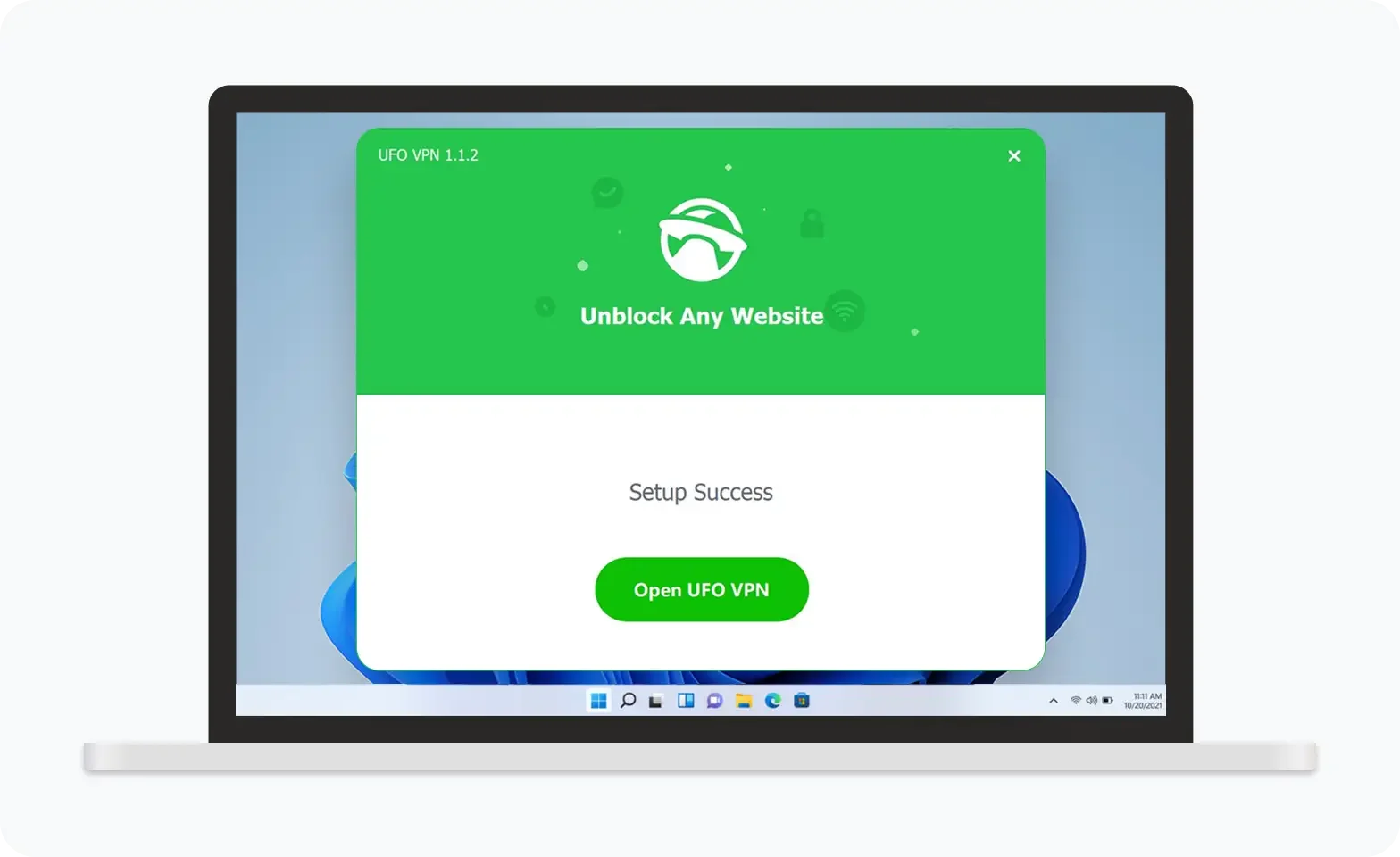
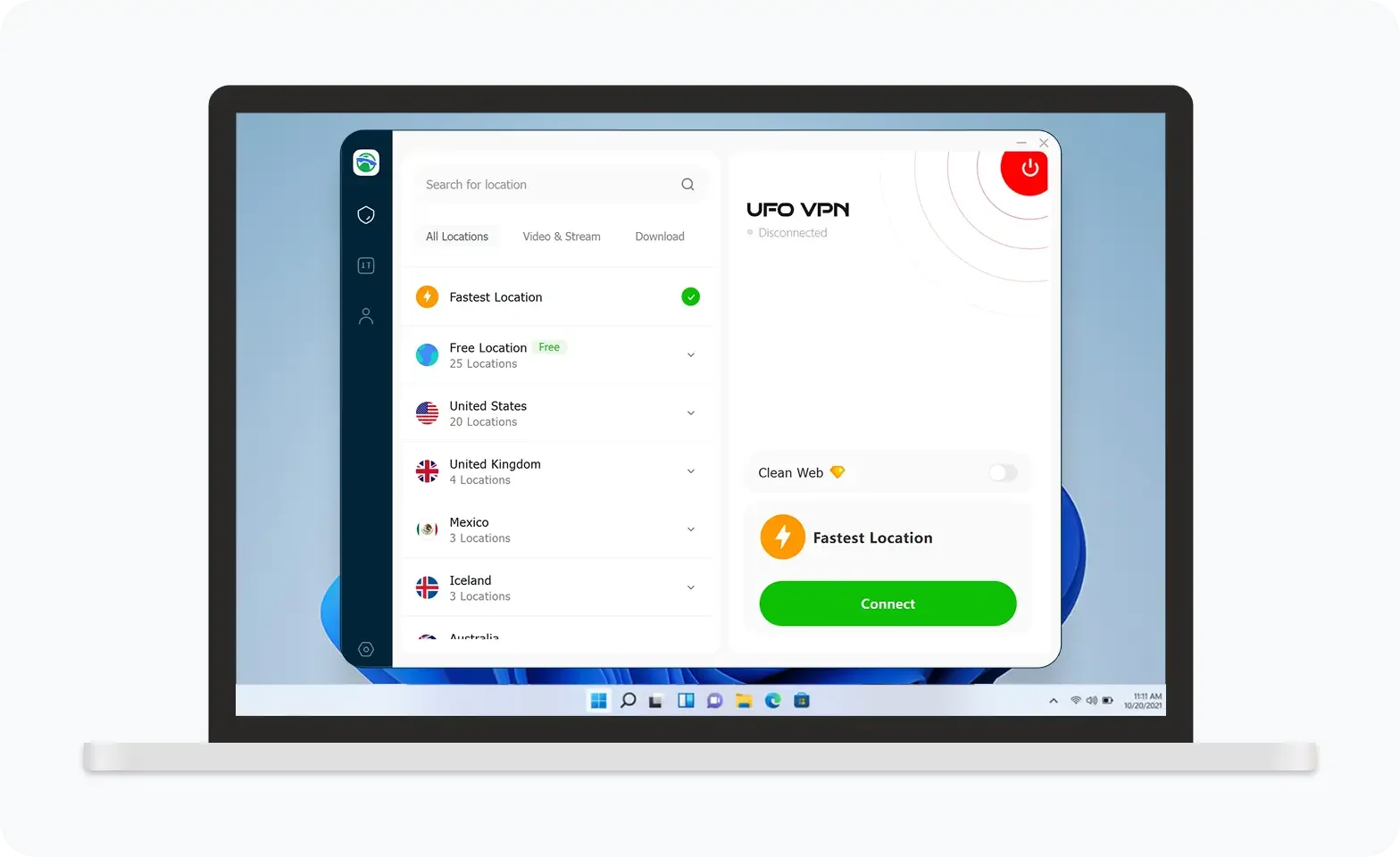
UFO VPN is an all-in-one VPN that offers unlimited access to 4D streaming like Netlfix, Disney Plus, no-ping gaming as PUBG, Roblox, CODM and social networking for YouTube, X, Facebook and more.
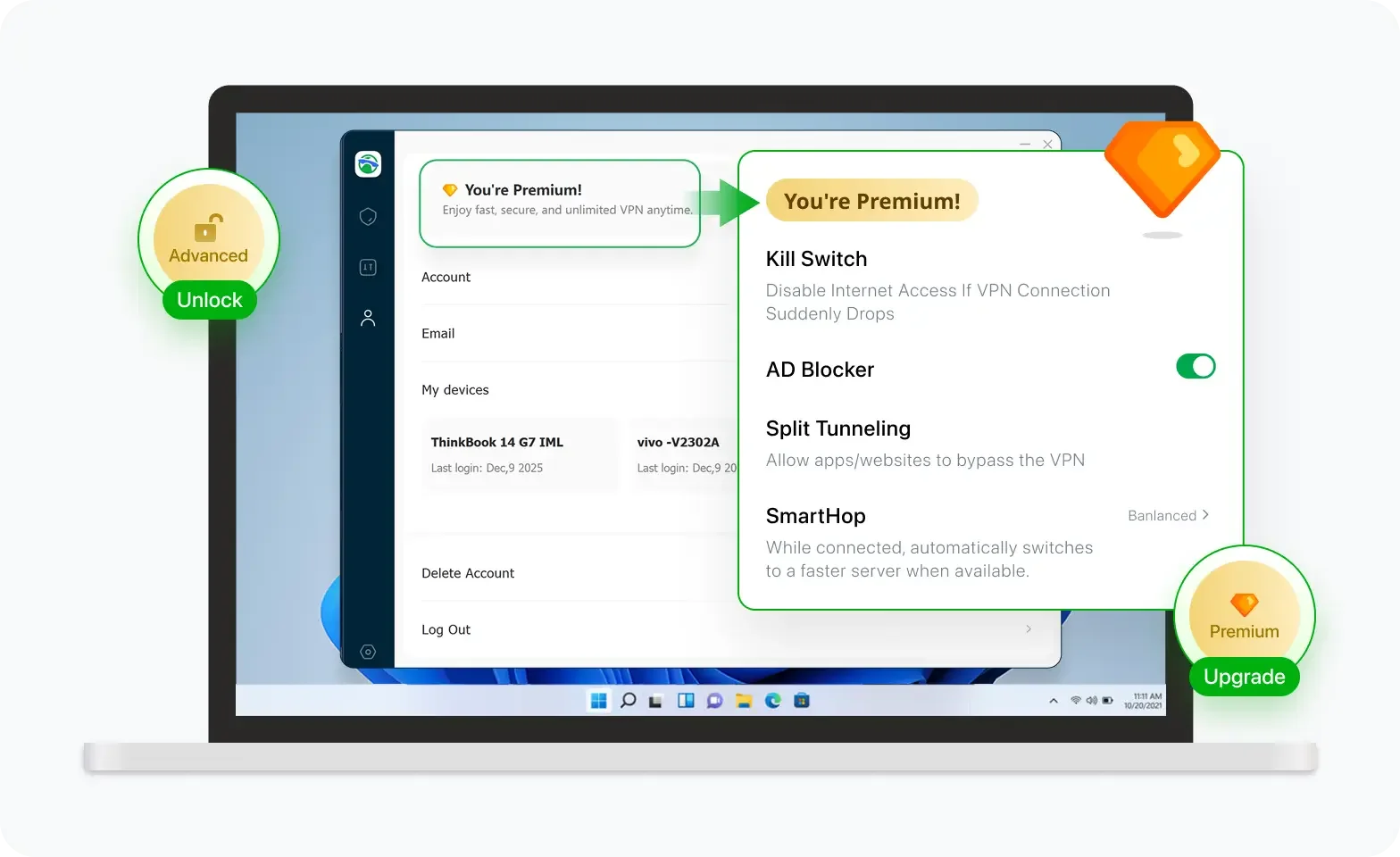
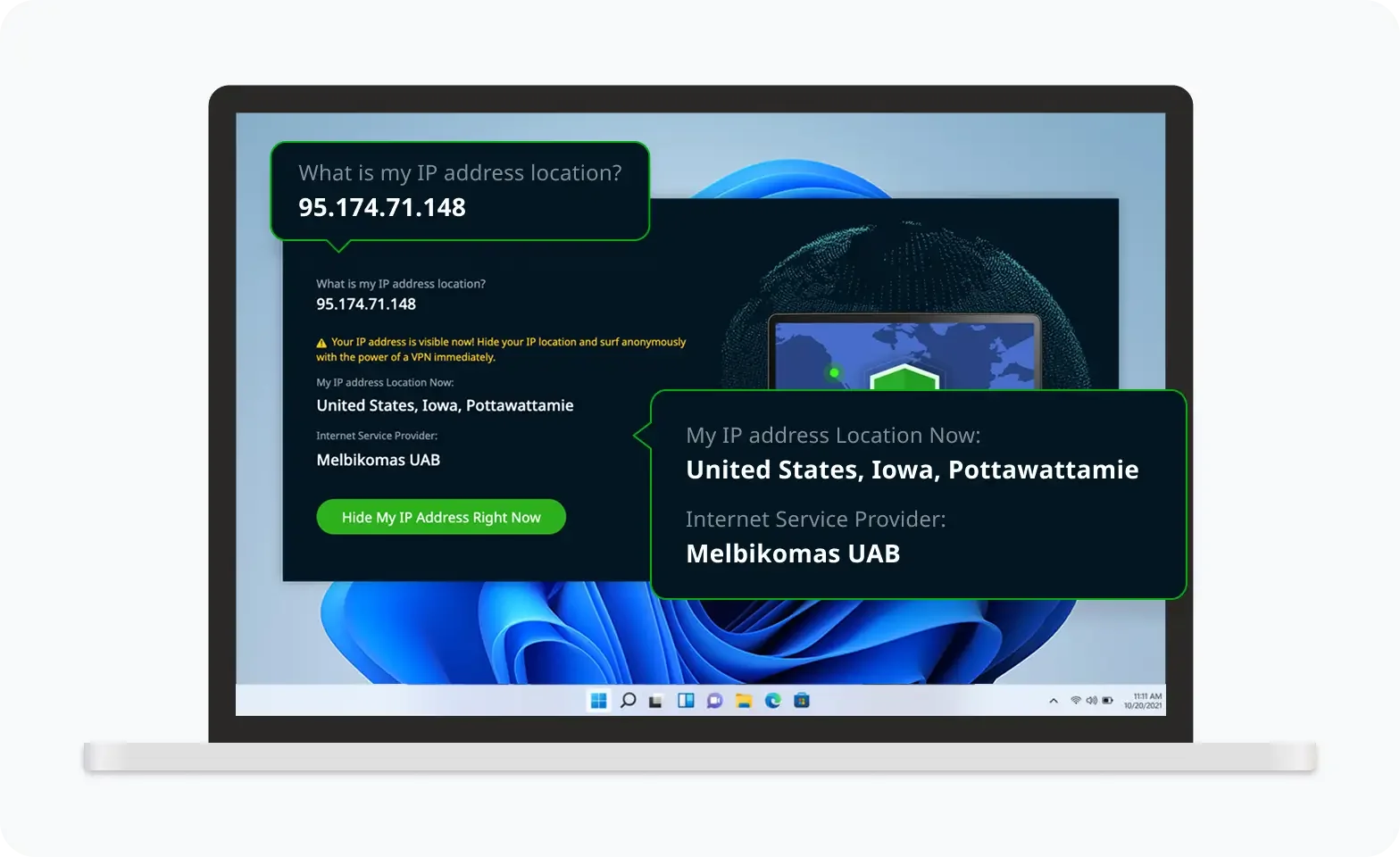
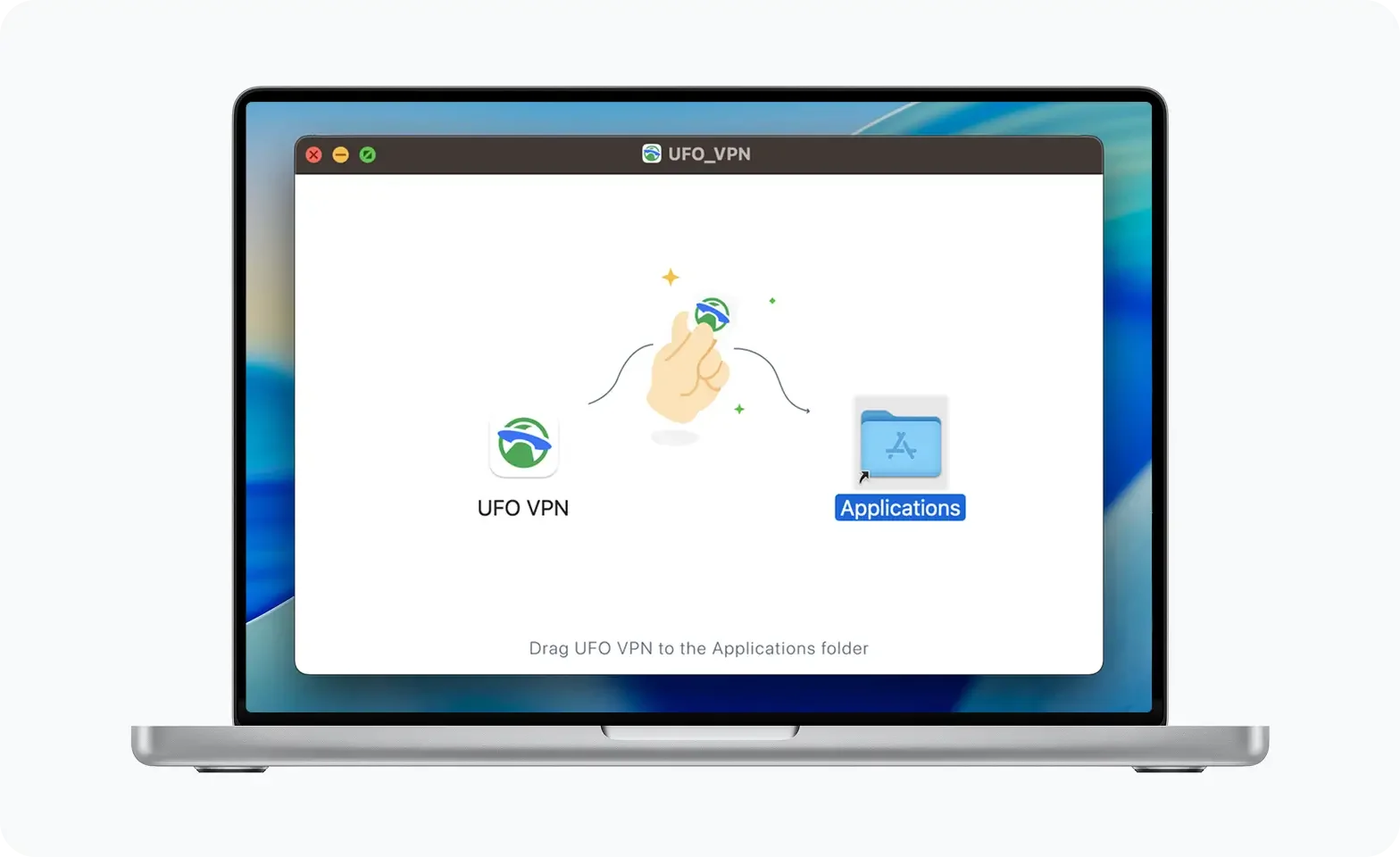
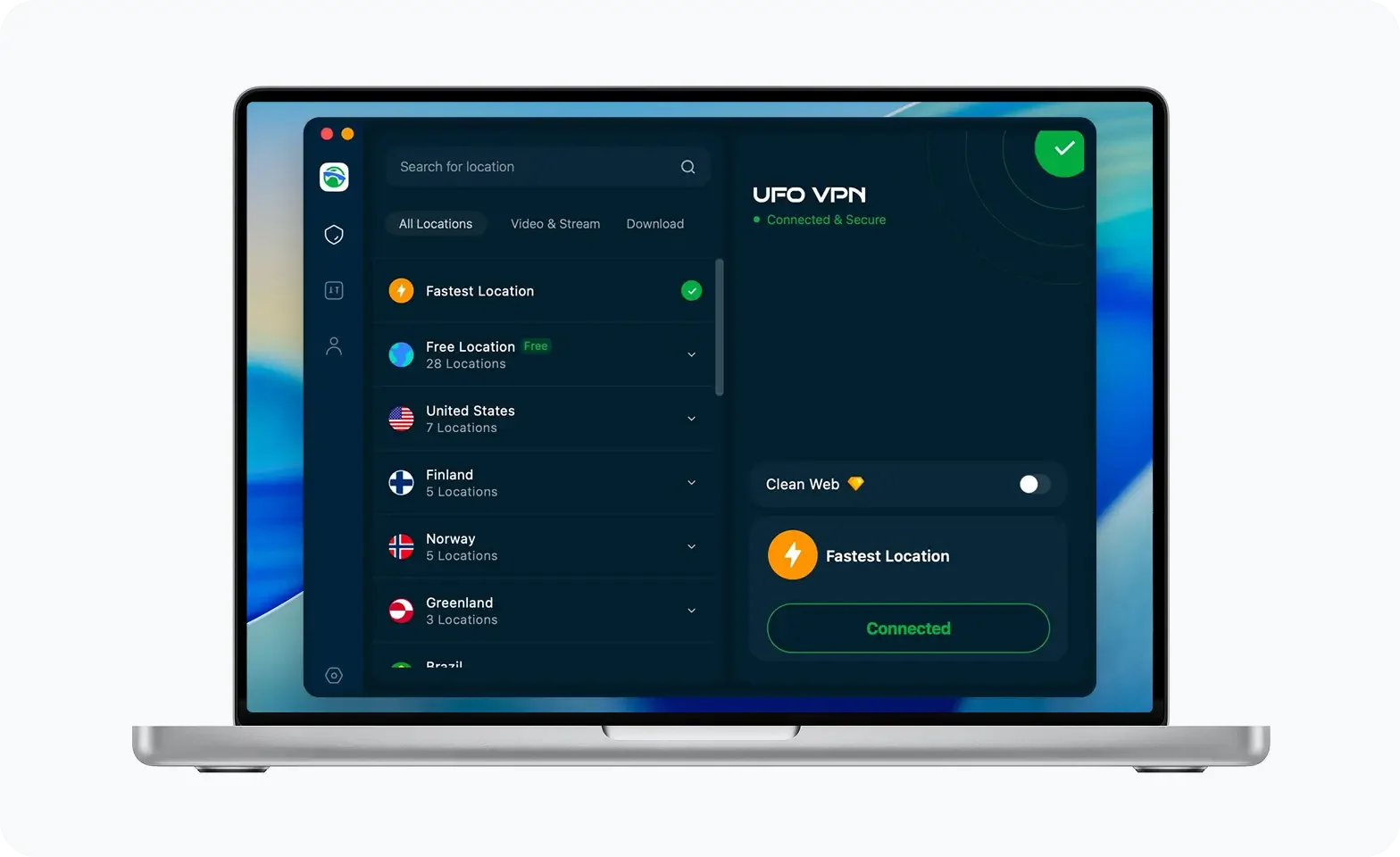
Unlock Pro Features
If you have upgraded to premium plan , feel free to enjoy premium servers for 4K streaming and advanced features like Kill Switch, Split Tunneling, and gaming acceleration. Your Mac is now fully optimized and protected. Inaddition to basic functions, we recommend you turn on

Verify Your IP Now
Use UFO VPN's " What is My IP " feature to see your new IP and location. This confirms your connection is secure, anonymous, and ready for safe browsing online anywhere at any time.

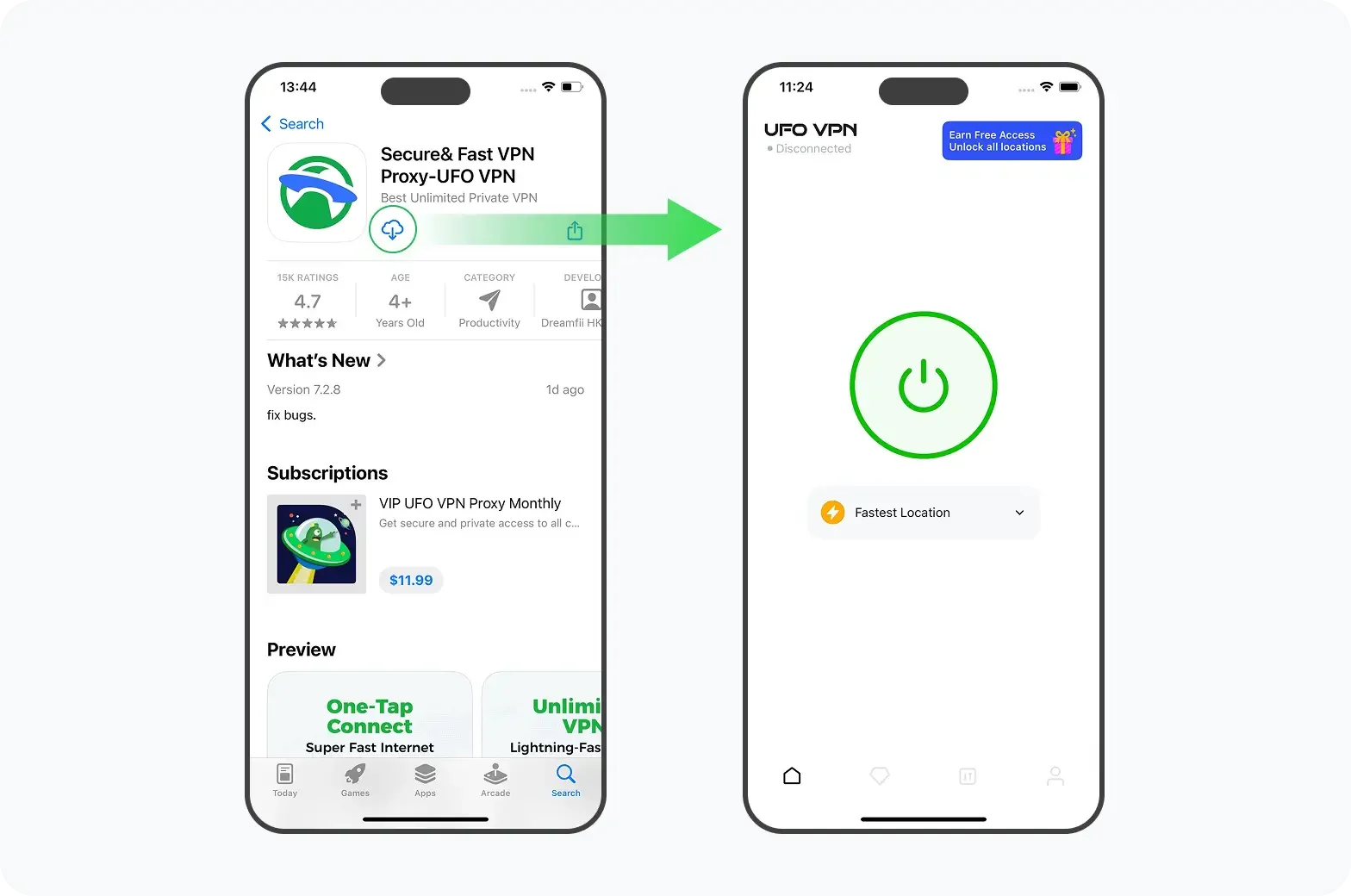
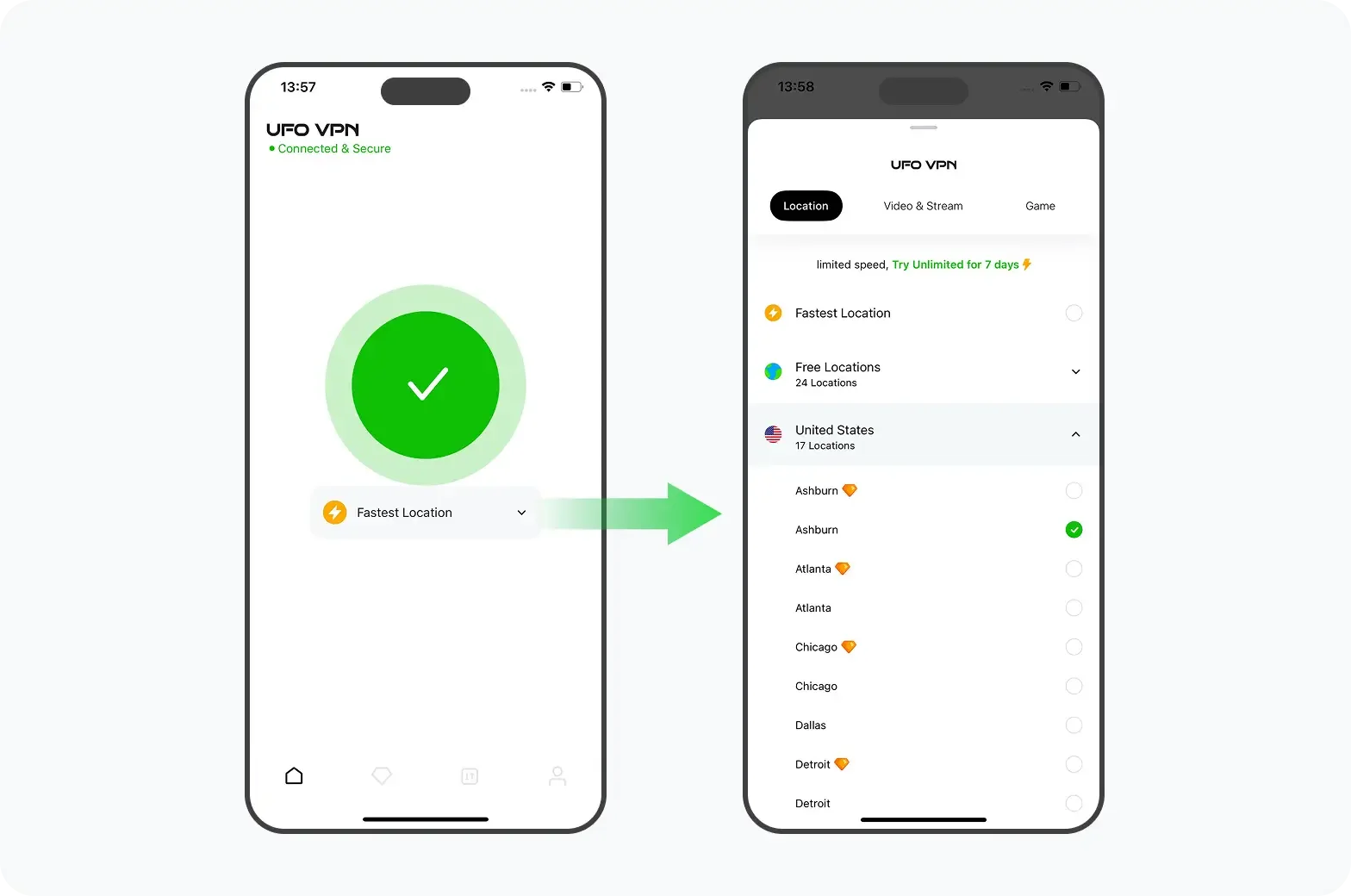
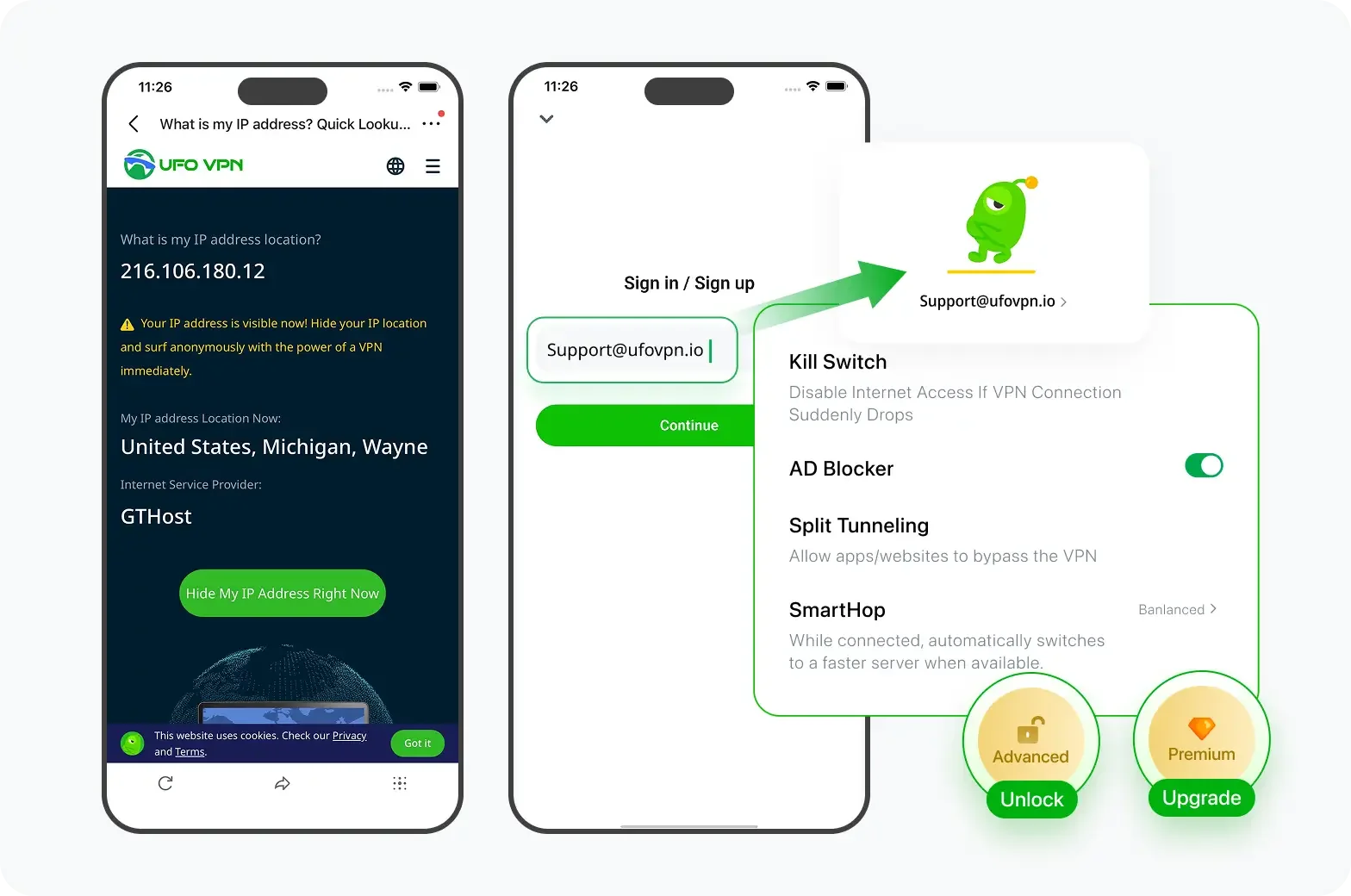
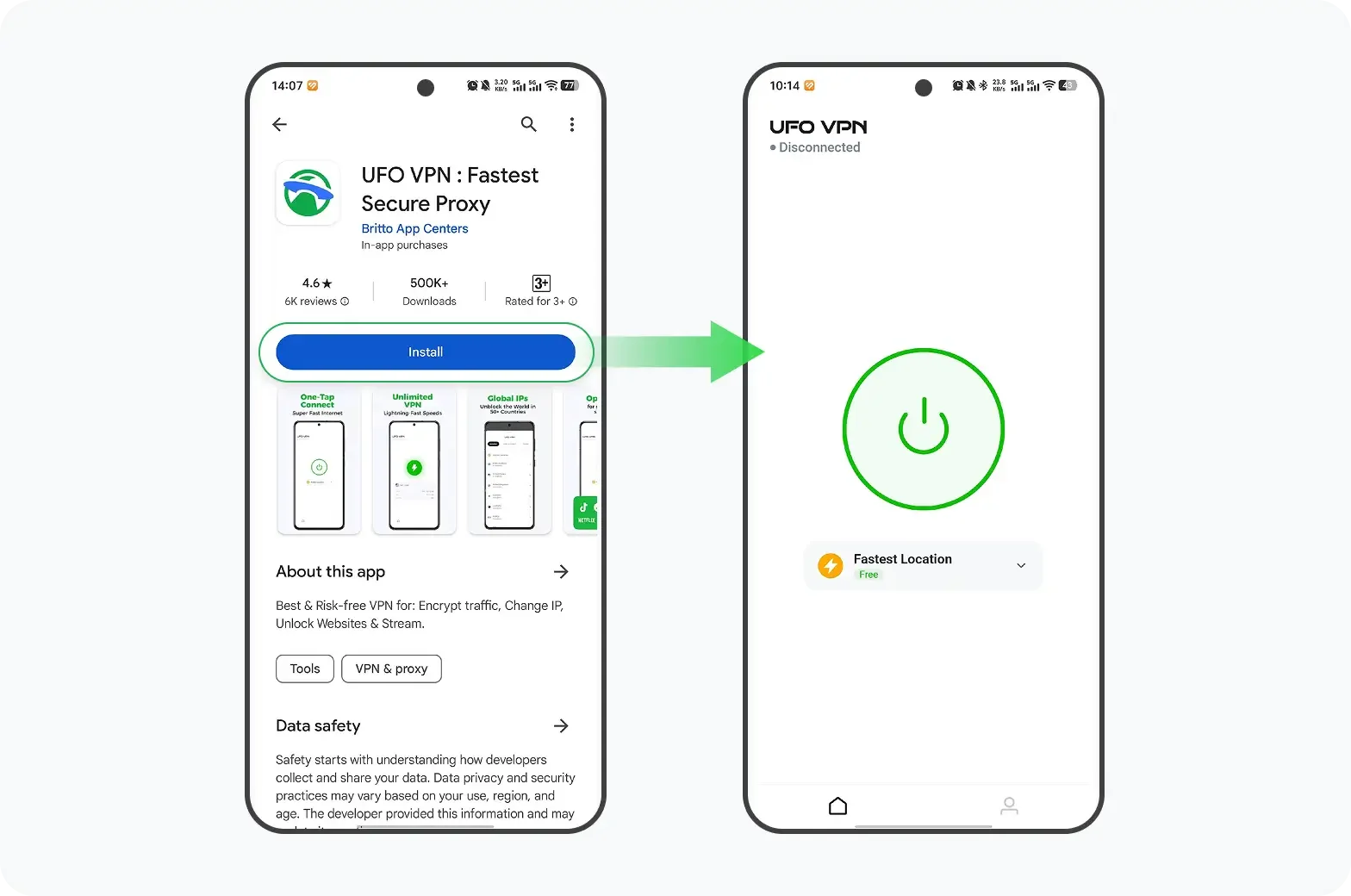
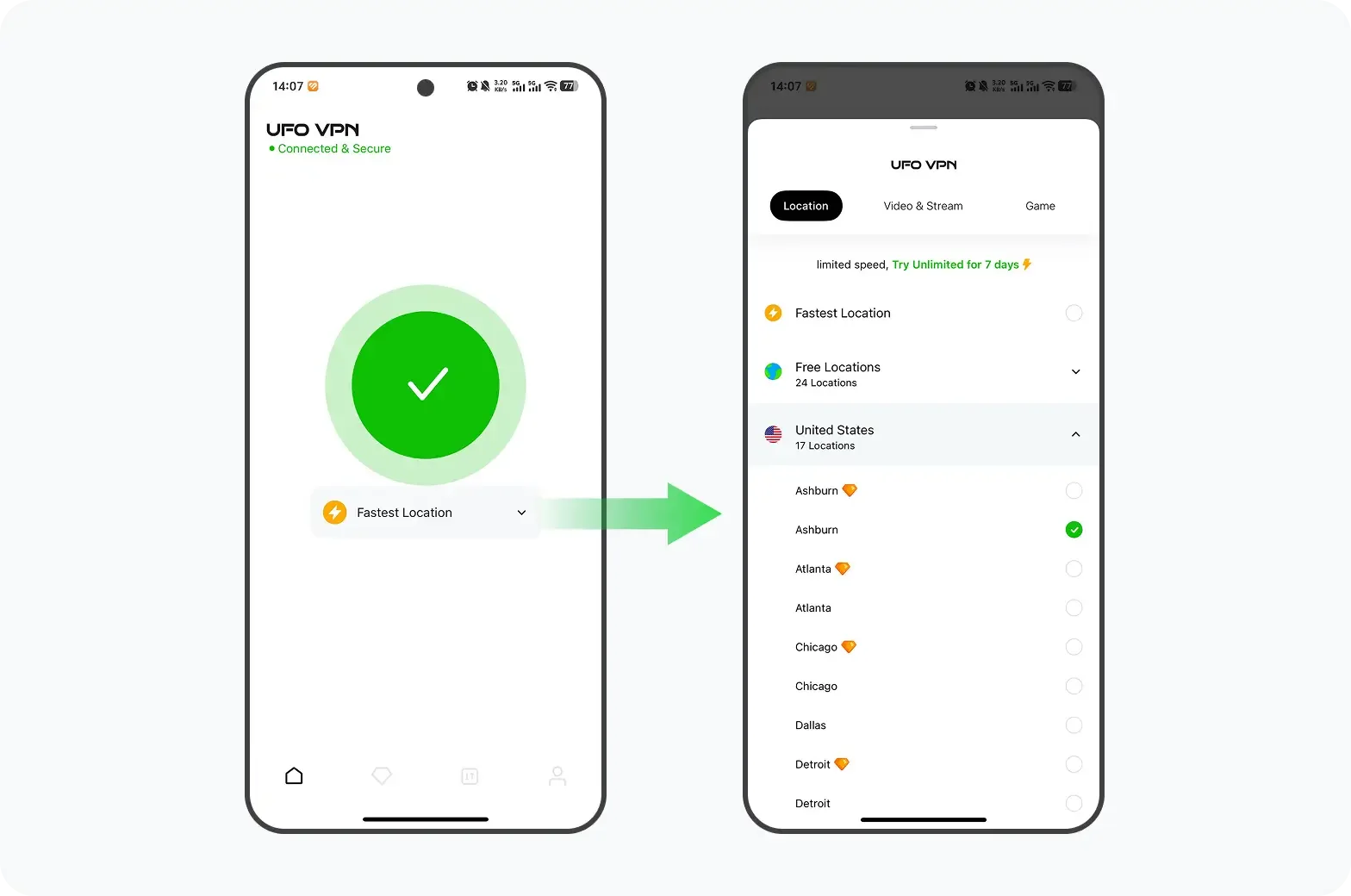
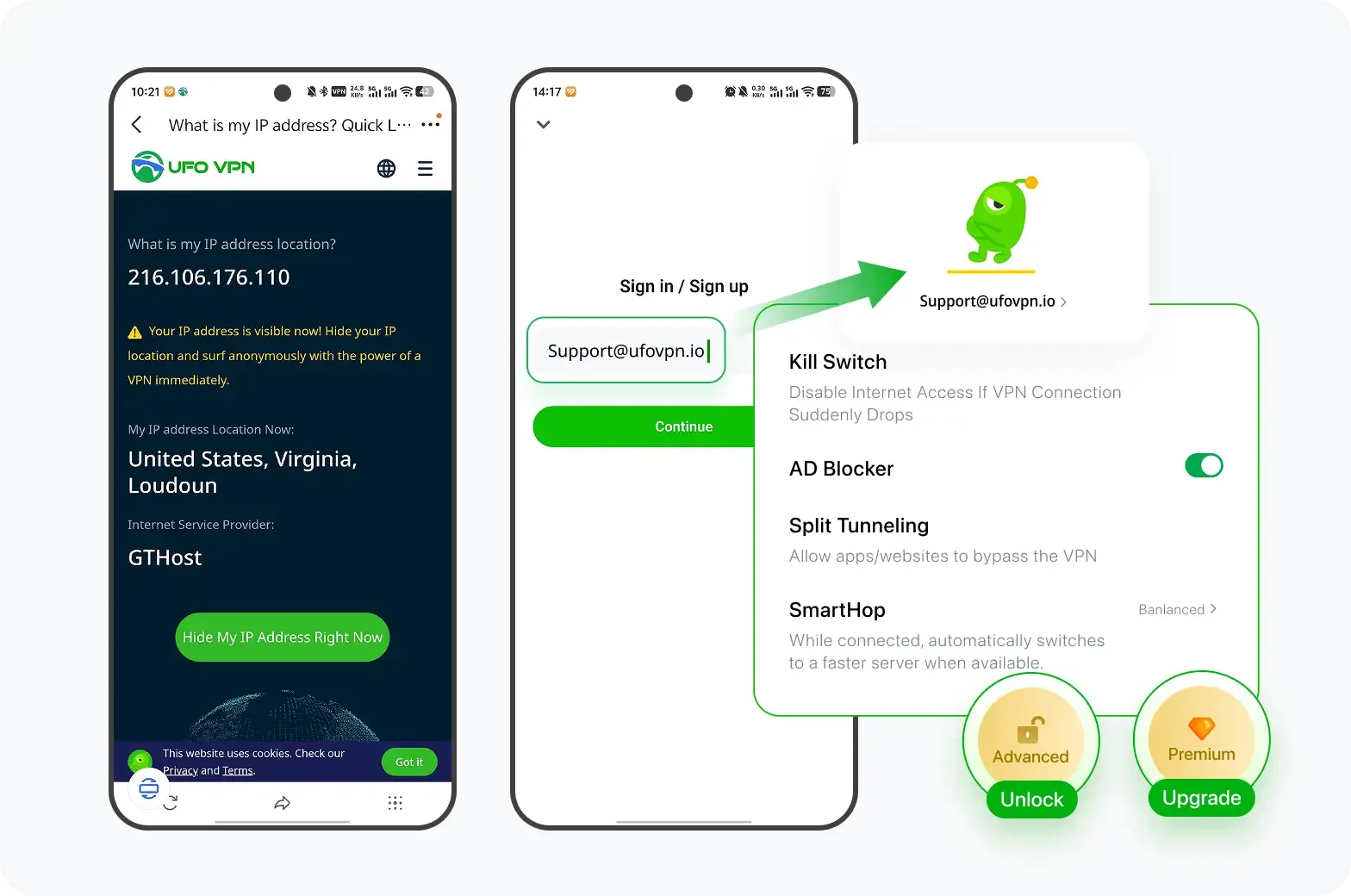
How to Recognize the Amazon Triangle Scam
Red Flags in Listings - Prices that seem far below market value. Recently created seller accounts with no reviews. Listings that constantly move categories or appear/disappear.
Suspicious Seller Behaviour - Sellers are refusing to answer product-specific questions and insisting on communication outside Amazon. Strange shipping timelines despite “Prime” claims.
Payment and Delivery Irregularities - You receive an item, but the order details don’t fully match. Unexpected refunds or duplicate charges. Requests to cancel and reorder under odd circumstances.
Who Is Most at Risk of the Amazon Triangle Scam?
Buyers-Buyers risk identity theft, fraud exposure, or receiving compromised products.
Third-Party Sellers-Legit sellers face financial losses, chargebacks, and even account suspension, all while having little control.
Small Businesses-Smaller sellers without large fraud-prevention systems can be hit the hardest.
What to Do If You’re Caught in the Amazon Triangle Scam
For Buyers
Report suspicious orders to Amazon immediately.
Check bank statements for unauthorized charges.
Change your Amazon password and enable two-factor authentication.
For Sellers
Document every transaction.
Appeal chargebacks with Amazon Seller Support.
Consider fraud-protection software or services.
How to Protect Yourself From the Amazon Triangle Scam
For Buyers
Only purchase from verified sellers with solid reviews.
Avoid “too-good-to-be-true” deals.
Never communicate or pay outside of Amazon.
For Sellers
Track unusual ordering patterns.
Use Amazon’s tools, like Account Health monitoring.
Verify buyer details when something feels off.
Role of Amazon in Protection
Amazon has fraud detection systems and removes suspicious sellers daily, but they can’t stop everything. Users must remain vigilant.
Amazon Triangle Scam vs Other Common Amazon Scams
| Scam Type | Main Trick | Key Difference |
|---|---|---|
| Triangle Scam | Uses stolen credit cards to place real Amazon orders. | Works inside Amazon’s system. |
| Phishing Emails Scam | Fake emails steal login or payment info. | Happens outside Amazon. |
| Fake Reviews Scam | Sellers post fake reviews to boost trust. | Focuses on reputation, not payments. |
| Gift Card Scam | Victims told to buy/send gift cards. | Direct demand, not hidden like triangle scam. |
Expert Tips on Online Shopping Safety
When shopping online, it’s important to stay vigilant and take a few extra steps to protect yourself. Always double-check website URLs and seller ratings to ensure you’re buying from a legitimate source. Whenever possible, use a credit card instead of a debit card, since credit cards typically offer stronger fraud protection. Make it a habit to regularly monitor your Amazon “Your Orders” section to spot any suspicious purchases quickly, and consider setting up bank alerts so you’re notified immediately if unusual activity occurs on your account.
Conclusion
The Amazon Triangle Scam is a dangerous reminder that even trusted platforms can be manipulated. By understanding how it works, recognizing red flags, and staying cautious, buyers and sellers can protect themselves. Remember: If it feels off, it probably is.
FAQs
1. Is the Amazon Triangle Scam common?
Yes, it’s increasingly reported as scammers become more sophisticated.
2. Can buyers get refunds if caught in this scam?
Usually, yes. Amazon’s A-to-Z Guarantee often covers buyers.
3. Are sellers reimbursed after chargebacks?
Not always. Many sellers face financial losses.
4. How can I report a suspicious seller?
Use the “Report this seller” button on Amazon or contact Seller Support.
5. Is Amazon doing enough to stop these scams?
Amazon invests heavily in fraud detection, but no system is perfect. User awareness is key.



